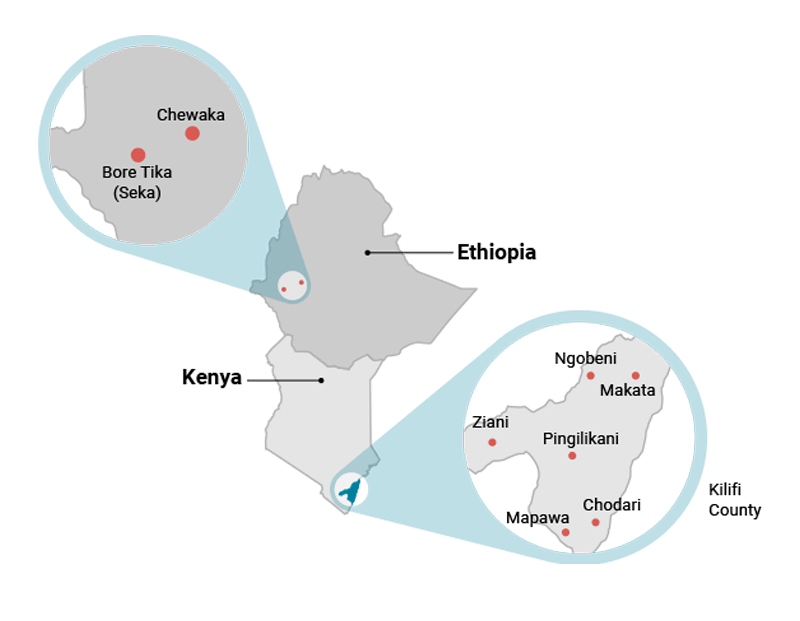
Study Sites
Greater Mekong Subregion
Ongoing malaria transmission in the Greater Mekong Subregion – Studies to examine its magnitude and identify its causes
This study aimed to investigate the magnitude and causes of ongoing malaria transmission in two geographical areas of the Greater Mekong Subregion (GMS) across three ecological niches, namely villages, farms and forested areas.
Thailand:
- Suan Oi village
- Pa Man village
- Komonae village
Viet Nam:
- Son Thai Commune
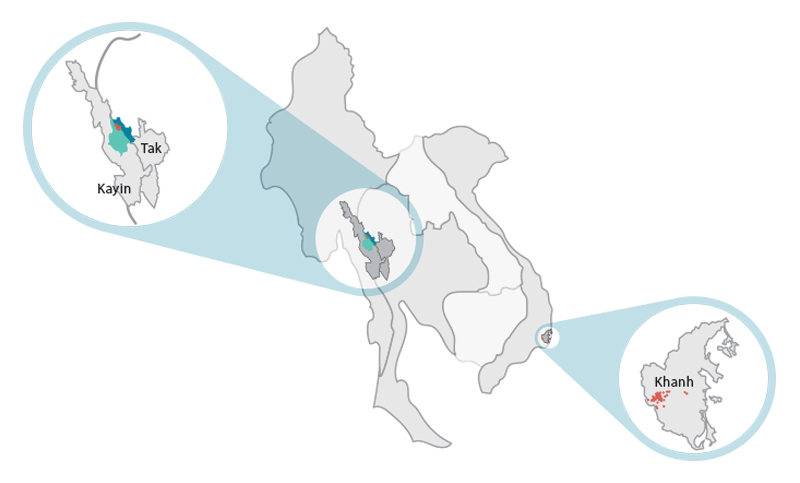
South America
Ongoing Malaria Transmission Hotspots in Peru and Brazil – Setting the stage for testing improved interventions
The primary aim of this study is to increase the awareness of ongoing malaria transmission in two different "hot spots" in the Peruvian and Brazilian Amazon with the purpose of generating the evidence that may benefit the implementation of strategic measures against malaria.
Peruvian Amazon:
- Napo river: Salvador and Urco Miraño communities
- Mazán river: Libertad and Visto Bueno communities
Brazilian Amazon:
- Mâncio Lima
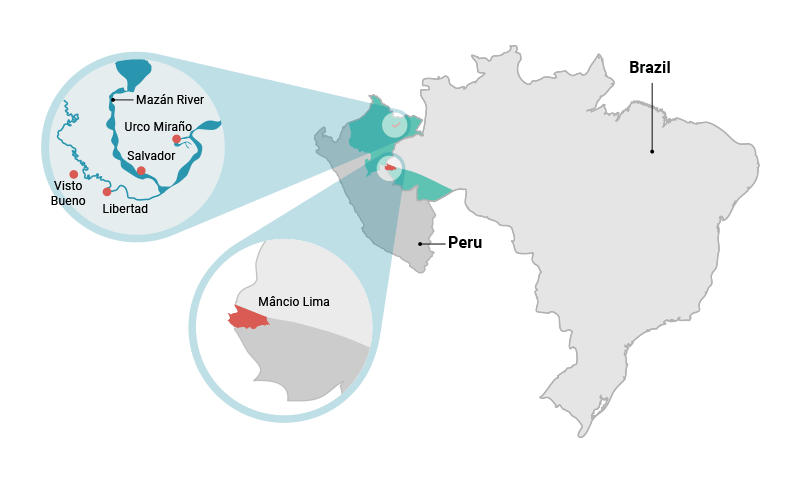
South Pacific
Ongoing malaria transmission in Papua New Guinea - Examining the role of humans, vectors and parasites as drivers of malaria
The aim of this study was to determine the prevalence of ongoing malaria in two sites in Papua New Guinea and to understand how humans, vectors and their interactions influence human infection by malaria in these areas.
- Megiar, Mirap, Bulal and Wasab villages
- Lossuk, Lubura, Lavolai and Lamusmus villages
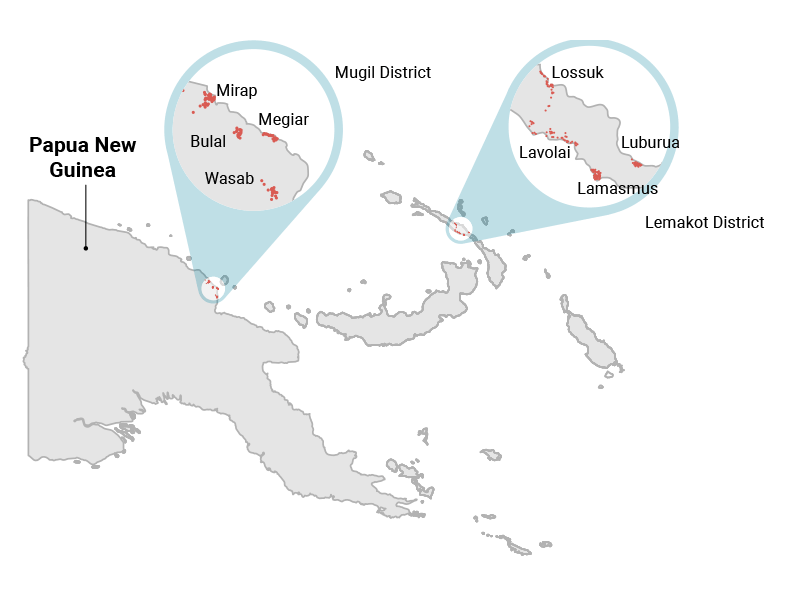
East and West Africa
Ongoing malaria transmission in Tanzania and Burkina Faso - Investigating the magnitude and drivers of persistent malaria
This study quantified and characterized existing ongoing Plasmodium transmission in communuities where LLINs are already widely used, but where transmission still exists.
Tanzania:
- Nine villages in the Kilombero River Valley
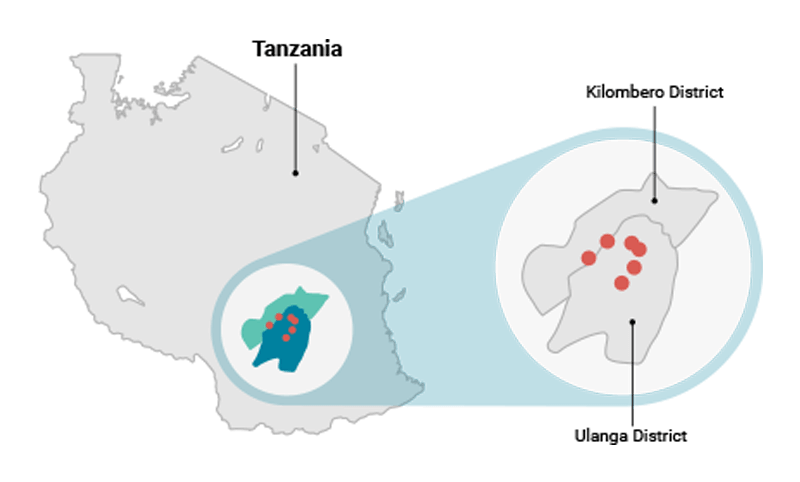
Burkina Faso:
- Santidougou and Kimidougou villages
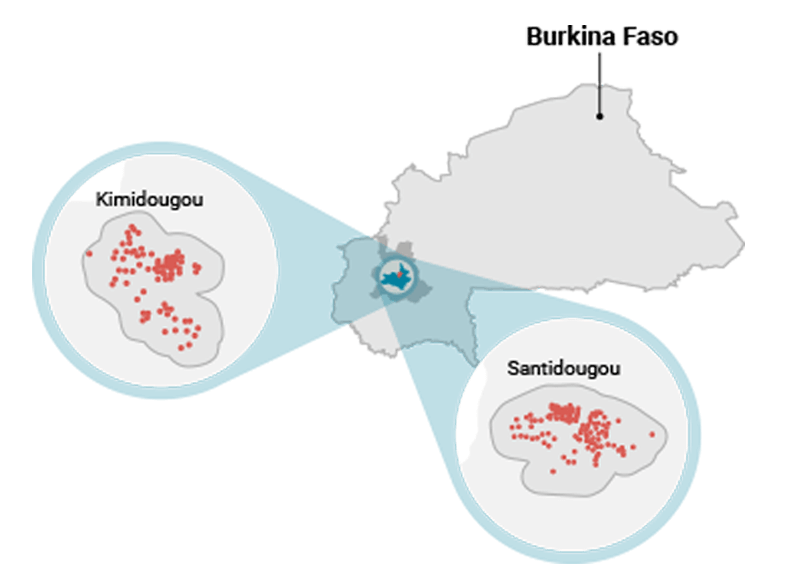
East and West Africa
Ongoing malaria transmission in Kenya, Cameroon and Ethiopia - Studies for sustainable malaria control and enhancement of elimination efforts
This study aimed to understand the contribution of entomological, ecological and anthropogenic factors in sustaining ongoing malaria transmission in Kenya, Cameroon and Ethiopia.
Cameroon:
- Olama village
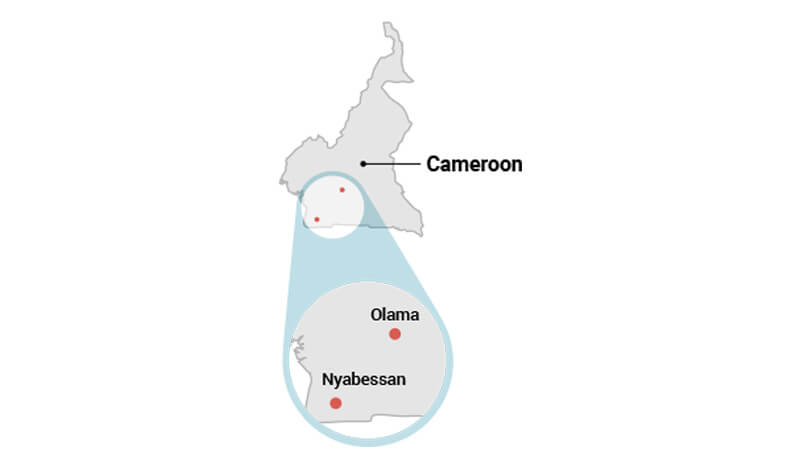
Kenya:
- Chodari, Ngombeni, Mapawa, Ziani, Makata and Pingilikani
Ethiopia:
- Bore Tika (Seka) village
- Chewaka village
